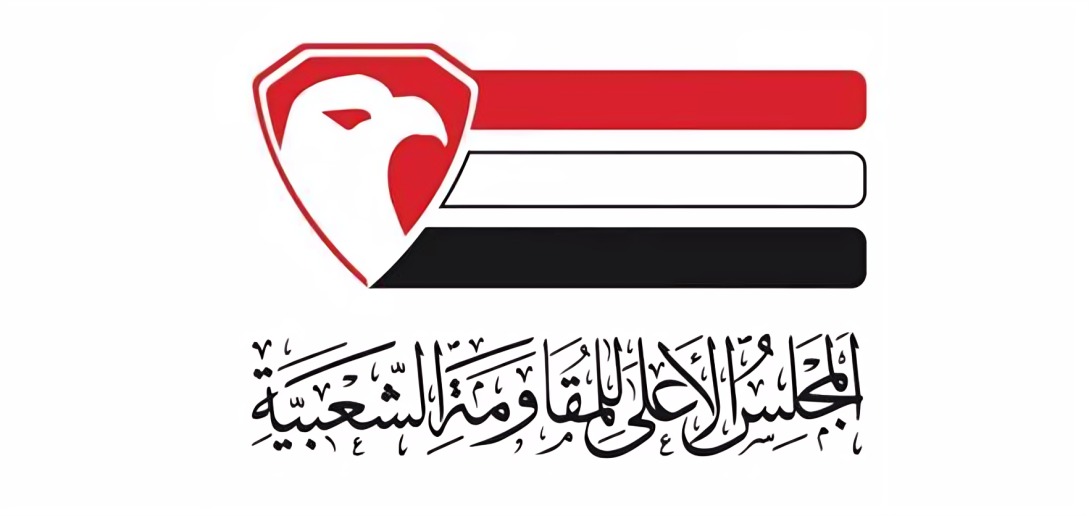
Barran Press
The Supreme Council of Popular Resistance in Yemen on Wednesday, July 24, denounced the reversal of decisions made by the Yemeni Central Bank and other government decrees, calling it a "surrender agreement." The council urged a national and popular stance to oppose this "agreement."
In a statement, the council expressed its dissatisfaction with the announcement by Hans Grundberg, the UN Special Envoy for Yemen, to nullify the sovereign decisions issued by the legitimate authority of the Republic of Yemen, represented by the Yemeni Central Bank. The council highlighted that the Yemeni people had regarded these decisions with great respect, viewing them as "the first real action expressing the legal and sovereign center of the Yemeni state."
The council stated that "the Yemeni people had never felt such hope and optimism as they did when they saw the legitimate authority exercising its sovereignty over economic and monetary decisions." It pointed out that "ten years of arbitrary concessions have only emboldened the rebel group, empowering them, undermining the will of the people, plundering their resources, and jeopardizing their present and future."
According to the Supreme Council of Resistance, the historical decisions of the Yemeni Central Bank, which were overturned, exposed the systematic empowerment of the de facto authority in Sana'a under the guise of humanitarian concerns. The council accused those "concerned with peace" of remaining far from decisive steps towards a solution, which would necessitate political, military, security, economic, and monetary commitments from all parties, including the rebel group, on the path to restoring the state, national unity, and independence.
The council highlighted the danger of the agreement, stating that it "treats sovereign decisions of the legitimate authority as an escalation, and the agreement mentioned in the statement aims only to de-escalate the situation. In reality, it is nothing more than the implementation of the demands and dictates of the rebels."
The council added that the agreement "did not consider the hardship endured by the Yemeni people due to the monetary division imposed by the rebels, nor did it address the continued halt of oil exports, which has caused significant economic losses for the Yemeni people."
The council believes that arbitrary concessions, such as the reversal of the Yemeni Central Bank's decisions, send a dangerous signal of disregard for the Yemeni people and their will. It further perpetuates the current division, legitimizes the de facto authority that is kidnapping the largest population segment in the country, stealing its financial and economic resources, pushing it into a crippling crisis, and placing Yemen in a political quagmire that threatens a conflict with catastrophic consequences for Yemen and the region.
The council views these concessions as a consequence of absolute external domination over national decisions. It also observes what can be considered a clear submission by the same regional system to the claims and disproportionate threats of the rebel group, considering the military weight of the coalition supporting the legitimate authority, which possesses all the opportunities to build a unified, firm, and decisive stance to defeat the rebel project and its dangerous strategic consequences for Yemen, the region, and the world.
The Supreme Council of Popular Resistance commended the strong national stance of the Governor of the Central Bank and his decisive role in issuing the bank's approved decisions.
The council stated that "it admires his spirit of responsibility and genuine commitment to the Yemeni people, which led him to resign in line with this free and honorable national position."
The council added that "the current historical moment represents a crucial test for the conscience of every free and honorable official in the legitimate authority and their stance on what has happened and is happening. This moment also serves as an incentive for everyone to contribute to breaking this closed circle in which Yemen, its leadership, and its people have been placed, leading to the complete restoration of national decision-making."





